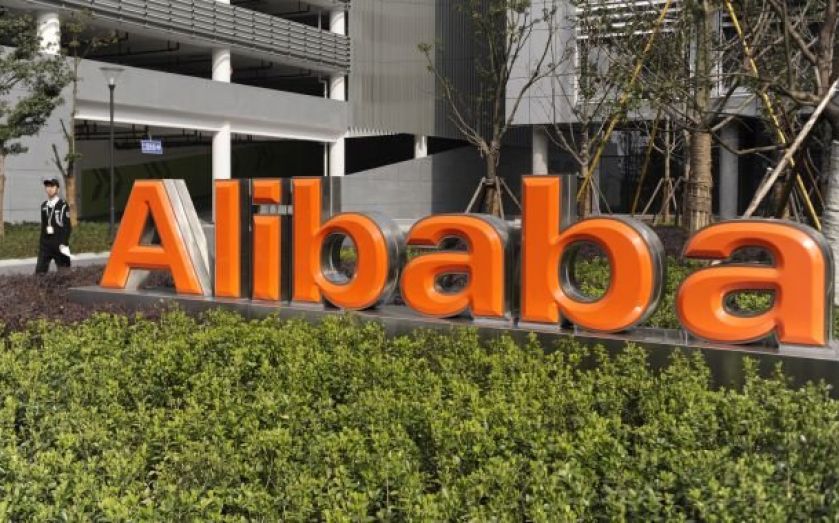Alibaba has spent $160m weeding out counterfeits

Recently-listed Chinese e-commerce giant Alibaba has admitted it's spent $160m (£103m) since the beginning of last year sniffing out counterfeit goods on its site.
The company, which made the largest stock market debut in history back in September when it raised $25bn on its listing in New York, said today it is planning to increase its 2,000-strong workforce whose job it is to weed out fake goods by 10 per cent.
Counterfeit goods, which are a problem across China (Chinese companies have even been accused of producing copycat cars), were cited in Alibaba's IPO prospectus as one of its major risk factors. Compared with eBay, you can see just how bad the problem is: the US-based auction site spends a mere $20m a year on anti-counterfeiting measures.
Goods from China and Hong Kong made up 93 per cent of fake items seized by US customs in 2013. And Alibaba itself, which was founded in 1999, was among companies listed by the US Trade of Representatives as "notorious markets" for counterfeiting until 2012.
In a statement, Alibaba chief exec Jonathan Lu said the company shoulders "a serious responsibility in this fight against counterfeits".
If e-commerce does well in China, that may have little to do with Alibaba Group, but if counterfeits in society are not tackled effectively, it has a lot to do with Alibaba Group.